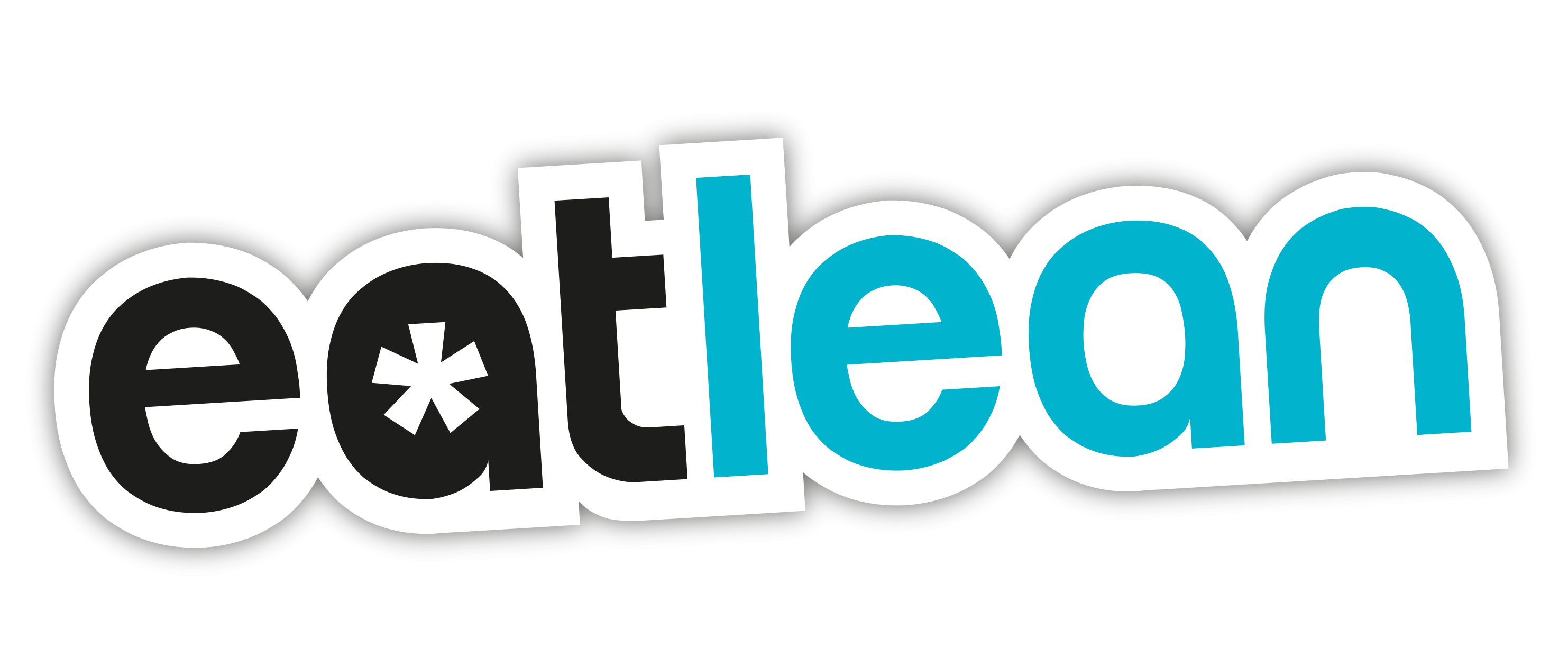Why Is Protein Important For Children?

While talk of protein often conjures thoughts of bodybuilders and powerlifters, the fact is that regardless of our age, fitness level, or life goals, protein is one of the most important nutrient groups we consume. In fact, after water, protein molecules are the most numerous type of molecule used by the body!
Your body uses protein for growth and maintenance of muscles, we all know that, but it’s also important for healthy connective tissue, and functional organs, as well as for maintaining healthy skin, hair, nails, and hormone levels, optimal brain function. It’s even used to make enzymes – molecules critical for the function of every cell in your body including immune cells! This is why protein is so important to include in children’s diets, as this is this is when humans grow and develop the fastest, so by ensuring your child has enough protein in their diet you are protecting their future health and physical development. So, all things considered, protein consumption is crucial in maintaining everyday health, and is not something you want to skimp out on.
Protein is also particularly useful for maintaining a healthy weight. Compared to an inadequate intake, an adequate consumption of protein can reduce meal-to-meal hunger, help you fill up faster during a meal, and even modulate cravings for other foods! Currently 1/3 children are overweight or suffer from obesity when they leave primary school, and research shows that overweight children tend to remain overweight for life. Helping a child to maintain a healthy balanced diet that includes adequate protein is one step towards helping them get off to the best start at this early stage.
As an adult, the amount of protein you require will primarily depend on your goals, with evidence-based recommendations ranging from 0.75-2.2g of protein per kilogram of bodyweight, but it’s typically not necessary to look in this much detail when feeding children. Instead, it’s recommended that toddlers are offered two portions of protein per day (3 if they are vegetarian or vegan) and for this to rise to protein with each main meal around school age. For reference, protein would ideally make up around 15-20% of a child’s total calorie intake.
Helping your child to eat this much shouldn’t seem daunting as there are a wide variety of meats, fish, dairy foods, egg recipes, and plant-based options like lentils and chickpeas available. Offering things like Eatlean SKYR or Eatlean Cheese on Toast, make for great high protein breakfast ideas & when they’re a little older is a fantastic way to help kids enjoy the experience, too!
A protein rich food for every meal, combined with the protein that occurs in smaller quantities in other foods like bread, broccoli, potatoes will ensure you consume a healthy amount. If your child is a particularly fussy eater, a small amount of protein powder and a banana blended in milk can make a delicious, nutritious milkshake, too!.
Natural protein sources also usually contain other micronutrients that are vital in maintaining your health. Red meat for example contains Iron and fats, while fish is an excellent source of omega 3, and plant-based protein sources such as peas and beans are high in fibre which is important in supporting gut health and digestion.
Nutrition for children can seem difficult to navigate but it doesn’t need to be, offering children smaller versions of healthy meals you eat yourself will get you the majority of the way there, and by providing as much variety as possible you’ll also be setting your little ones up for eating a varied, healthy diet as they age, too!





